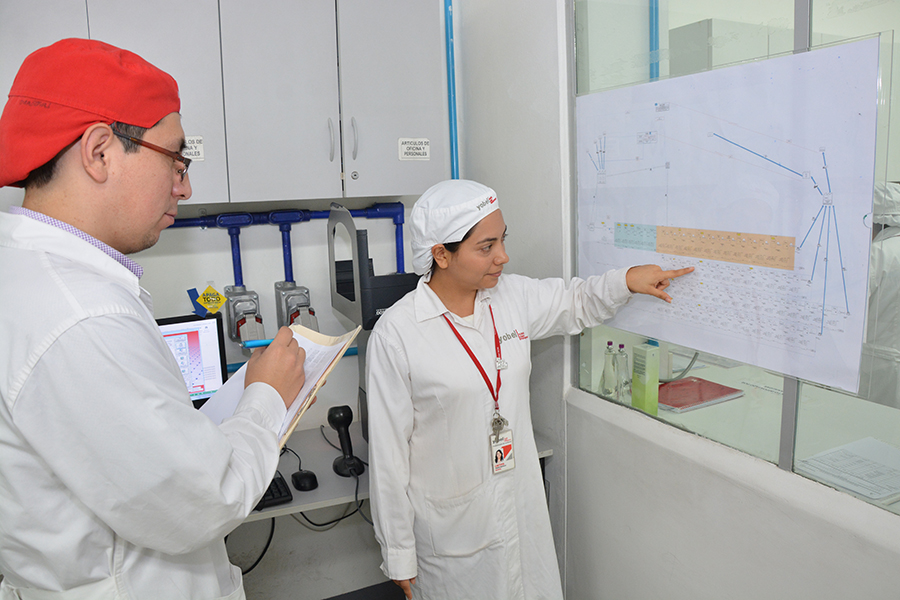For a person to be competent in any area in general terms, he needs 20% knowledge, 30% skills and 50% attitude. If knowledge is the hard part that is learned from university and with experience, then the soft part, 80%, are skills and attitude, that is, our soft part defines the behavior necessary for the position.
What is expected and what are the functions that Supply Chain Management (SCM) managers have to perform? A lot of responsibility, supervising expenses that represent between 50 and 70% of the total costs of a company, maximizing profits by improving the productivity of assets, even identifying new sources of income generation, participating at the board of directors and increasingly, managing a regional or global team.
Generally when we look for professionals in the sector, the weight in importance of the key competences are 43% soft skills, 14% hard skills, 12% English language, 12% computing (Excel and ERP), 11% experience and 8% education .
The abilities
We can divide them into 3 categories: personal, interpersonal and intellectual. The personal ones are the most sought after and include efficient self-management of time and stress, self-motivation, independence, achievement orientation, responsibility, confidence, discipline, consistency and being able to work under pressure. An executive with these skills can more easily be trained and coached in order to learn the hard skills. Interpersonal skills require good relationship management and include some such as good communication and relationship building, teamwork, negotiation, motivation, and problem solving. These skills are needed for the management between the different areas of the company, in addition new technologies require that the culture of the companies adapt to changes working as a team. Intellectuals are required to be able to acquire and use new knowledge, understand thoughts and learn quickly. Among the most sought after are analytical thinking, problem solving, task prioritization, and planning.
The actitudes We could have all the skills and knowledge, but if we don’t have the right attitude to positive and negative opportunities in life, our success will be limited. Let us have a passion for learning the financial drivers of the company, ask to get involved in international projects, in other operational areas, in other business units and in other business functions, seek mentors in senior management and always seek to learn. Let us have a strong predisposition to customer service, to solve their problems quickly and to see complaints as an opportunity to improve, not as a criticism. This proactive attitude and skills will help us gain extensive experience in other areas of your company and lead you to be the forerunner of great changes that will position your company at the next level of competitiveness.


0 Comments